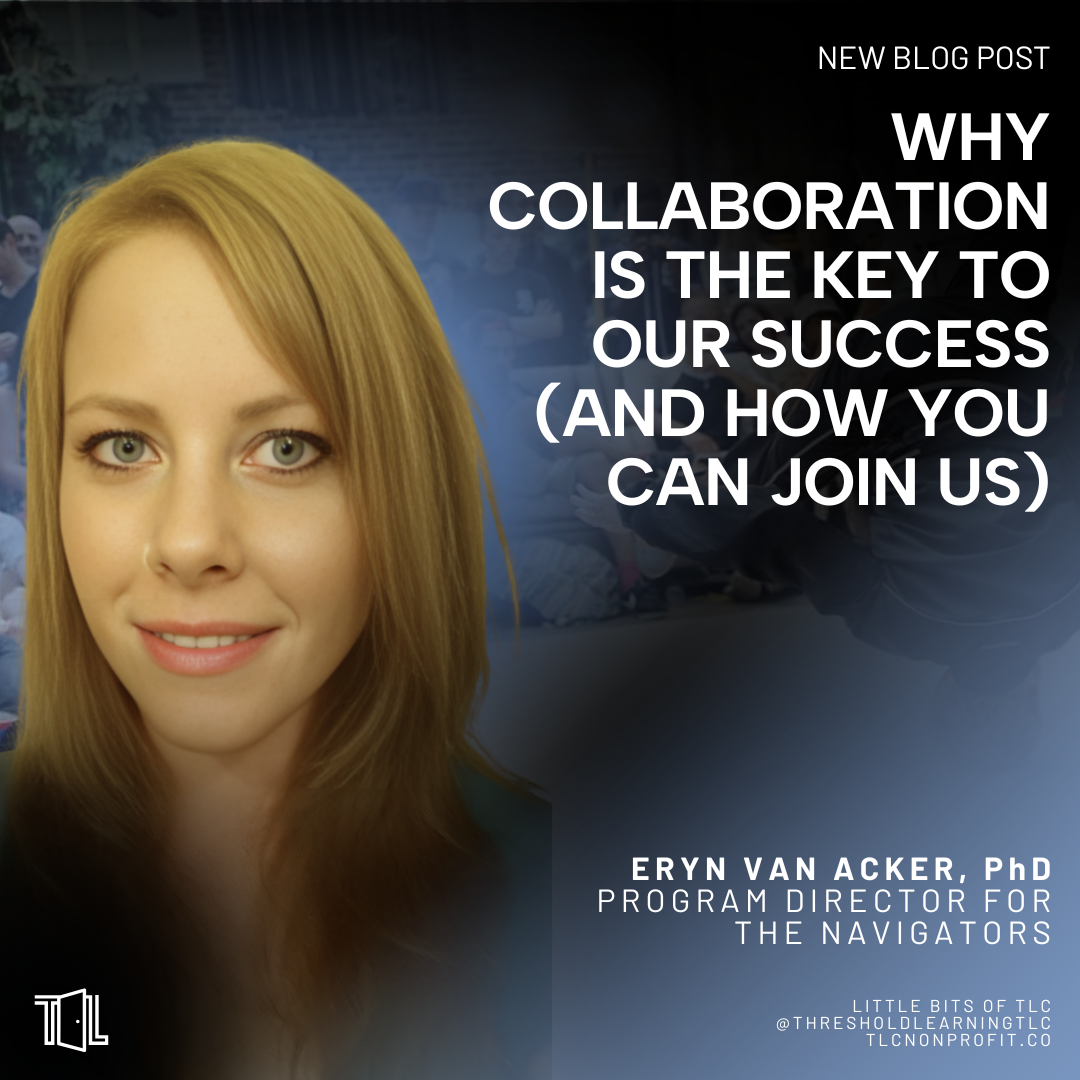
Why Collaboration is the Key to Our Success (And How You Can Join Us)
One powerful strategy is to leverage collaboration—not only with outside experts but also with interns in Applied Behavior Analysis (ABA) completing supervised practicum experiences. When assessments are thorough and accurate, schools can better understand the root causes of behavior, leading to more effective decision-making and more appropriate interventions. Schools gain cost-effective, high-quality support, and ABA interns receive invaluable hands-on training that prepares them to be thoughtful, collaborative behavior analysts.
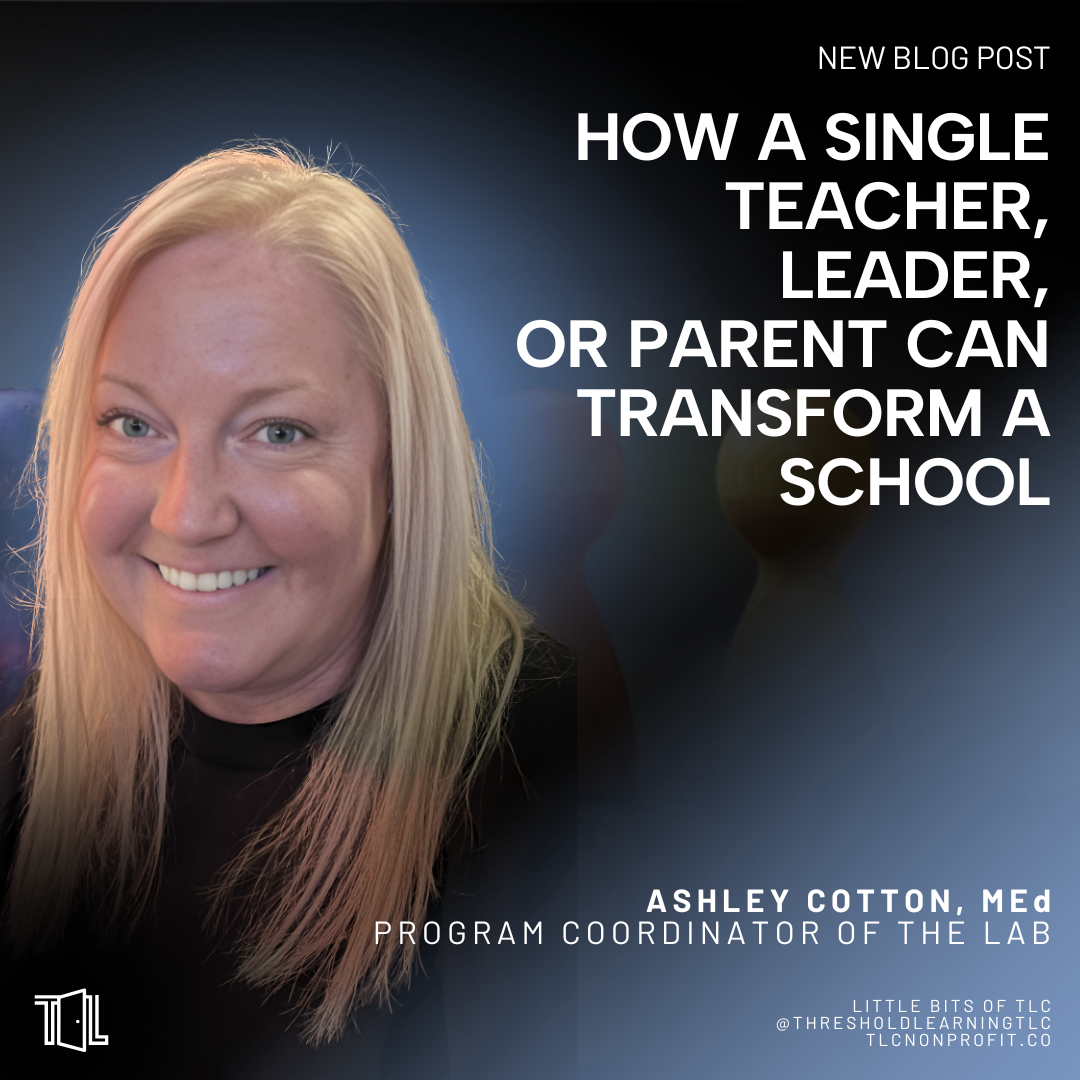
How a Single Teacher, Leader, or Parent Can Transform a School
Often, the most meaningful change begins with a single individual who chooses to act with purpose, passion, and care. When students lead with kindness, respect, and responsibility, they create a culture where everyone feels safe and included. When individual people take initiative—whether by leading with vision, teaching with heart, parenting with involvement, learning with purpose, or partnering with generosity—they help shape a school that truly thrives.

Here's to the Students Who Inspire Us Every Day
We’ve learned that celebrating small victories isn’t about being overly optimistic but about honoring the effort it takes for people, children, and adults to move through hard things. We’re not just here to provide a service. We’re here because people matter, and sometimes the most important work has nothing to do with what we planned for that day. The longer we do this work, the more convinced we become that students aren’t just recipients of support - they are our teachers as well.

The Ripple Effect: What Changes When Schools Aren’t Left Alone
When we build sustainable systems around complex learners, we protect students - and the people who serve them. We believe in capacity over rescue. Clarity over chaos. Partnership without takeover. Because sustainable student change becomes far more likely when the adults serving them aren’t drowning.

Celebrating Organizations Driving Change Together
As a consultancy, we recognize that the strength of our organization lies in the individuals who make up our collective being, strategically placed to utilize their strengths and talents in complementary ways with the rest of the team. To us, our partners are relationships that we hold personally with honor, compassionate competence, and unwavering integrity. What makes these partnerships so impactful is the bond of trust that is forged between shared ideals and then extended to the local networks we both serve.

It Really Does Take a Village to Transform Education
When teachers and paras work in rhythm, classrooms become living examples of collaboration in action. Real change doesn’t come from programs or mandates. It comes from people — people who show up, work together, and believe that better is always possible.

Co-Regulation in the Classroom: A Teacher's Guide
A student's ability to manage their emotions and behaviors isn't something they develop in isolation – it's built through thousands of interactions with regulated adults. Students who experience consistent co-regulation from their teachers develop better attention, need less external stimulation, and show more cooperative behaviors. When we provide that missing regulation through our own calm presence, we give them exactly what they need to develop those skills independently.

When Behavior Speaks: How Teachers Can Listen and Respond
As a classroom teacher, I need to understand that when a student demonstrates a particular behavior, they are telling me something—sending me a signal…possibly in the only way they know how. The goal is to obtain as complete a picture of the student as possible, so that we can begin the process of identifying behavior triggers and developing a plan to help the student thrive and grow in a school setting. There are times when success is measured by progress, not mastery.

Why Public Schools Are Still Worth Fighting For
Educators are trained to recognize when something is wrong and to intervene when a child exhibits signs of distress. When the heartbeat of public schools is strong, children thrive, families are supported, and the collective network flourishes. When we let it weaken, the whole system suffers.

How Public Schools Can Turn Challenges into Opportunities
Families struggling with multiple stressors don't need another list of their child's deficits—they need practical tools and genuine support for the overwhelming task of parenting in crisis mode. By providing consistent and predictable support to struggling families, schools can become a stabilizing force that helps families build the capacity for change. When schools embrace their role as family supporters rather than just child educators, they position themselves to interrupt generational patterns of struggle.

Responding to Crisis Behavior in Schools: Tips for Educators
One of the most important lessons in managing behavior is understanding the difference between challenging behavior, crisis behavior, and crisis situations. When we ask students to give up a behavior that has been working for them, even if it is disruptive or unsafe, we must provide them with a new behavior that meets the same need in a more appropriate and socially acceptable way.
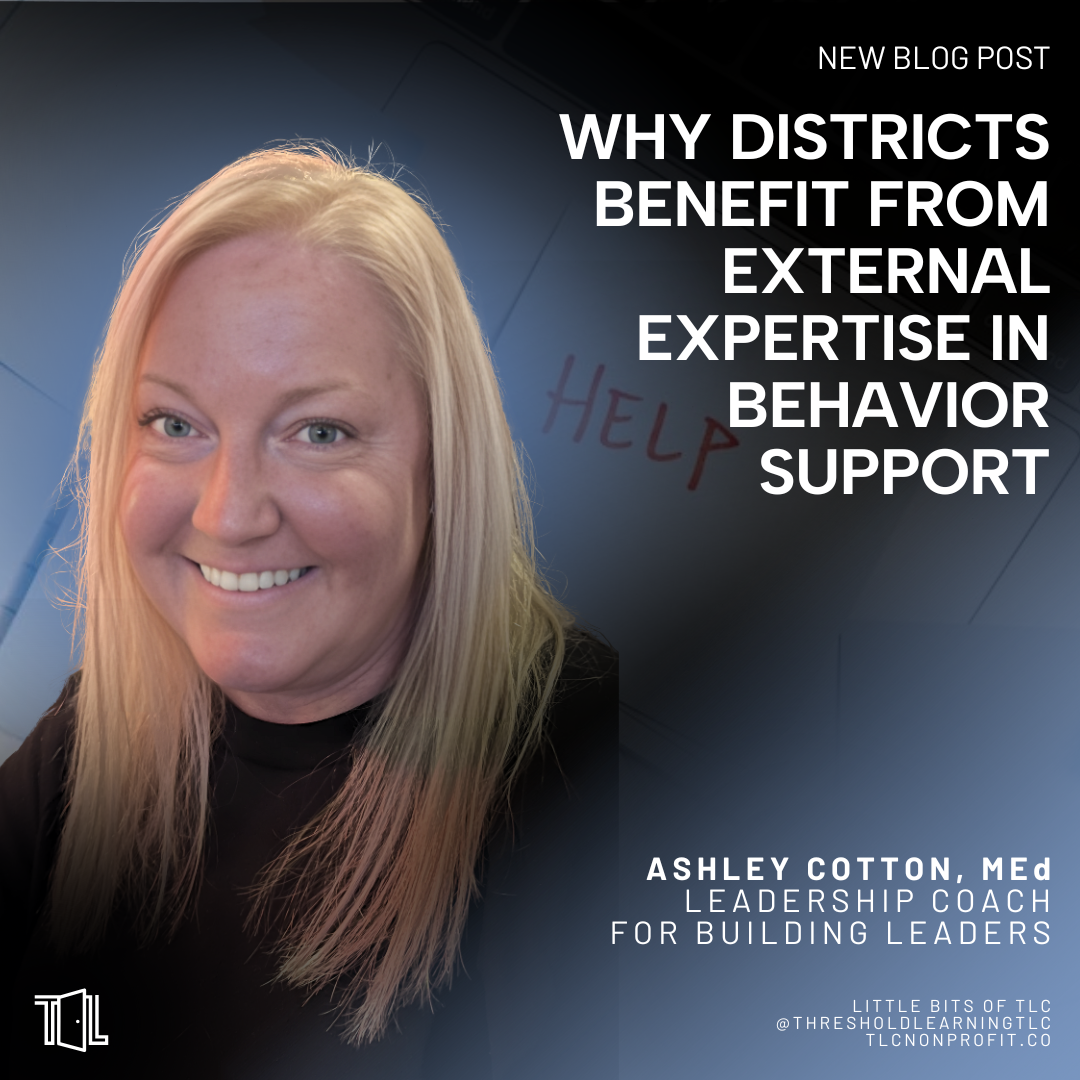
Why Districts Benefit from External Expertise in Behavior Support
Many times, school staff who deal with challenging behaviors on a daily basis become so engulfed in the student that they will allow emotions to take charge. External experts can lighten the load by providing effective interventions, which in turn helps maintain morale and staff retention. Having this “outside professional” observe, discuss their findings, and come up with a plan is often welcomed by the involved school parties.
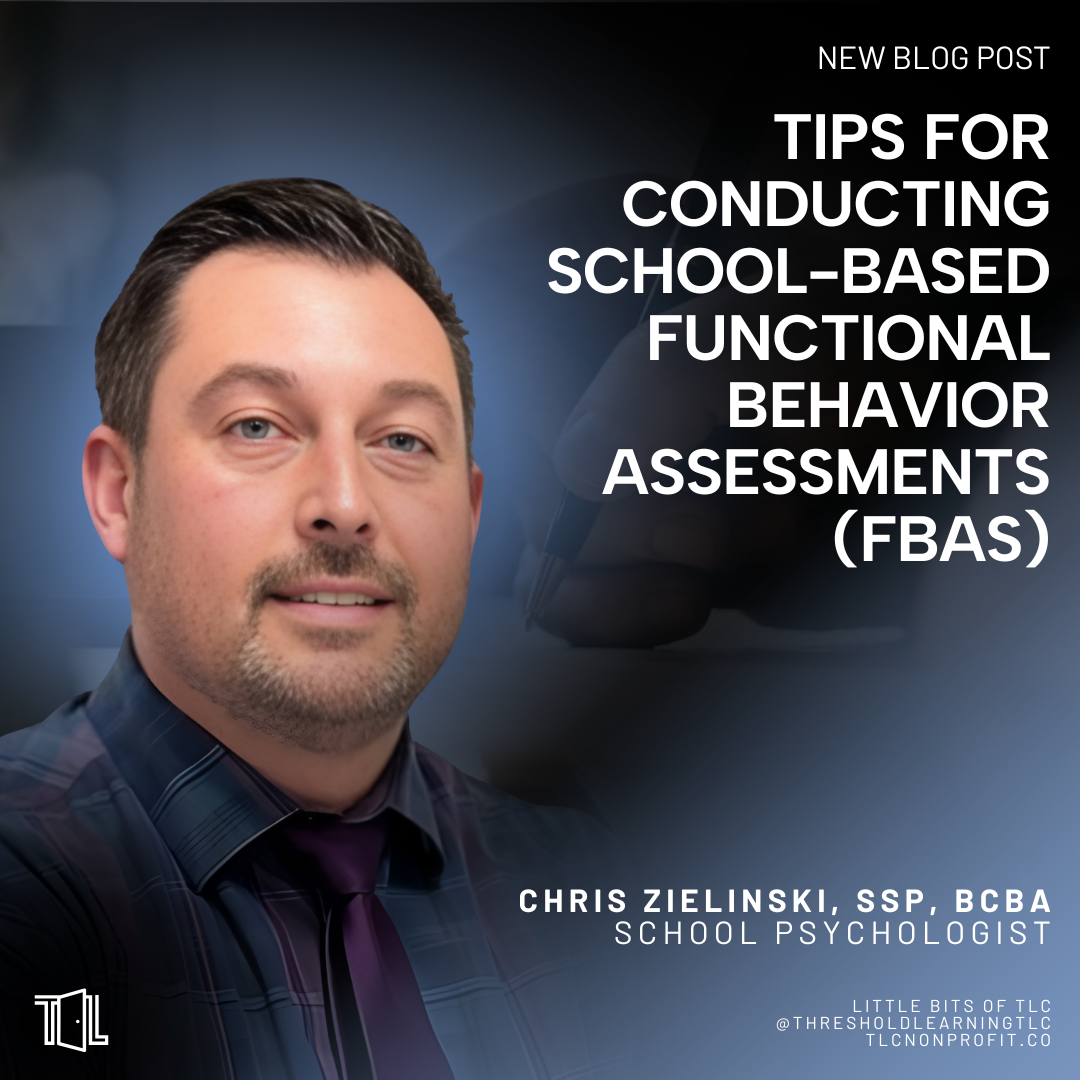
Tips for Conducting School-Based Functional Behavior Assessments (FBAs)
Whether you're a teacher, behavior specialist, or school psychologist, the goal is the same — to understand why a behavior is happening and to respond in a way that helps the student succeed. The "function" of a behavior is its "payoff," "purpose," or "outcome" that it provides to the individual. Behavior occurs to either "Get Something" or "Remove Something". Data collection should be simple, easy, efficient, and team-oriented, not an overly laborious task.
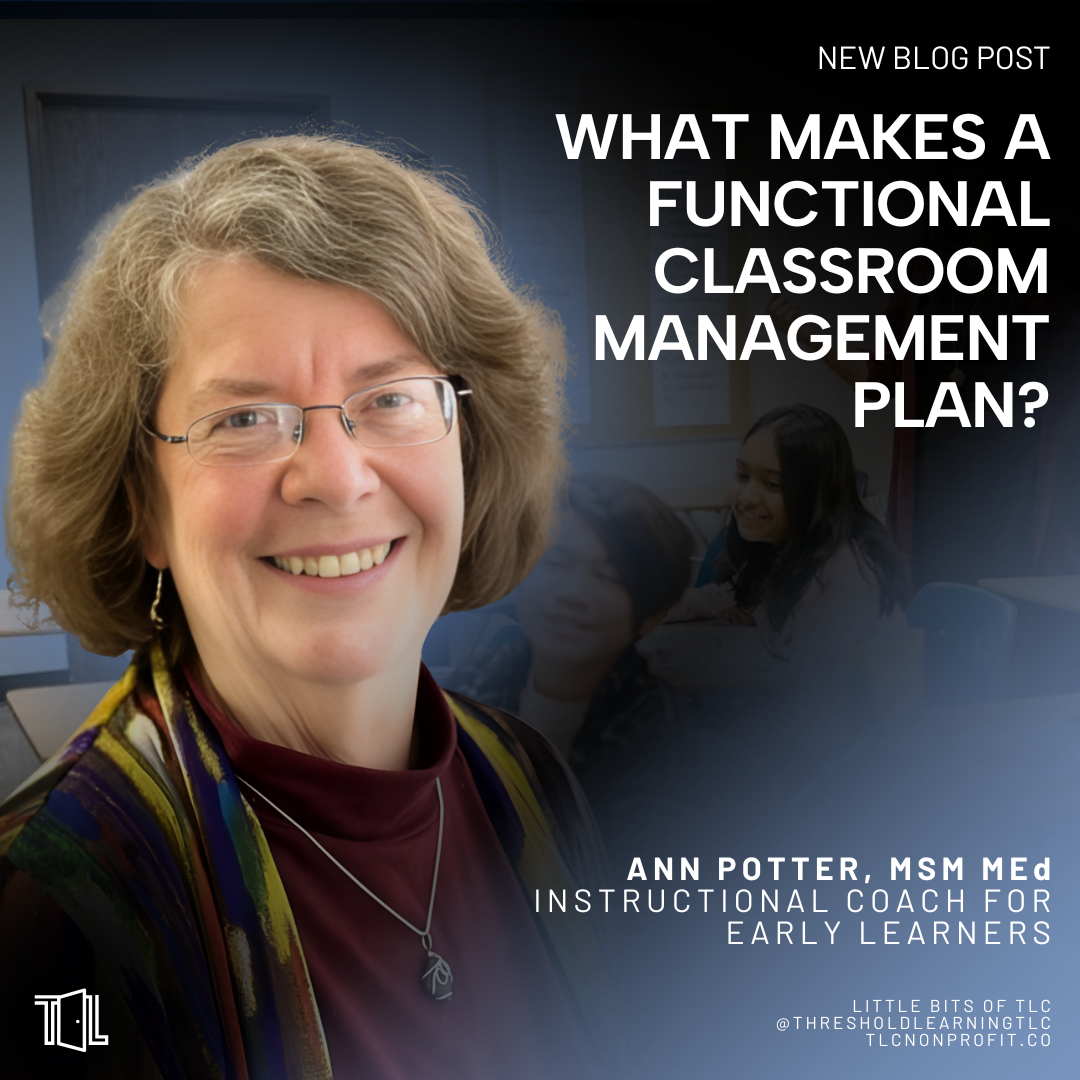
What Makes a Functional Classroom Management Plan?
Without clear expectations, students may struggle with knowing how to behave or what is acceptable in the classroom. Preventing disruptions before they occur is far more effective than reacting to problems after they arise. While consistency is important, a functional classroom management plan also needs to be adaptable.
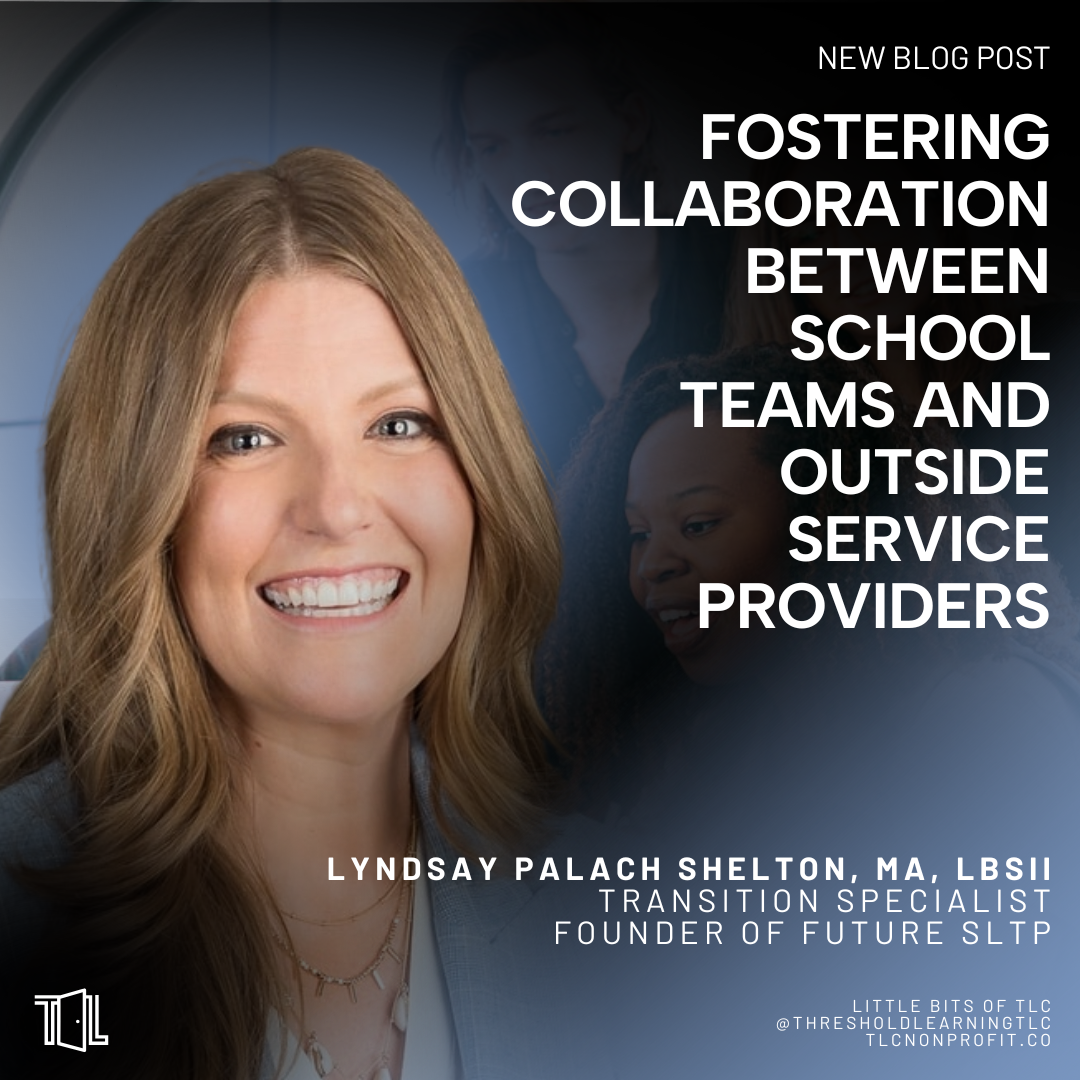
Fostering Collaboration Between School Teams and Outside Service Providers
Outside support is a solution to help all team members appropriately plan for students. Let’s make this work by focusing on ongoing communication and positive collaboration. It is true - there is power in numbers, and I say the more the merrier

Why Schools Need Board Certified Staffing Buffers
Across the board, special education teachers are approximately 2.5 times more likely to leave the profession than their general education counterparts. However, persistent overextension (mainly driven by a strong desire to support colleagues and students) can lead to burnout and emotional exhaustion, a condition often referred to as compassion fatigue. Certified staffing buffers aren’t just about increasing headcount. They’re about ensuring quality, sustainability, and support.

Lessons From Personal Struggles: The Case for TLC in Schools
My teacher had a quiet room where I and other students who were having a challenging time could go to calm down. She had patience with me and other students, which helped us to remain calm and be able to participate because we trusted her.

A Message to Educators: Why Your Work Matters More Than Ever
Some of the most meaningful lessons aren’t written on a whiteboard — they happen in between the lines. You, dear educator, may never fully see the seeds you're planting. But students remember. We believe in equipping school systems with the strategies, training, and support to empower you — because when teachers are supported, students thrive.

Why Nonprofit Collaboration is Key to Supporting Complex Students
There is hope that just as a single ray of light does not illuminate the day on its own but only when it is gathered together with innumerable other rays, so may the work of a nonprofit reach its fullest potential when gathered together with a collective of other light-seekers.

Understanding the Role of Paraprofessionals in Supporting Student Success
Beyond academics, paraprofessionals contribute to creating an inclusive and nurturing environment. When paraprofessionals receive ongoing education and support, they become more confident and capable, leading to better student outcomes and a strengthened partnership with teachers.